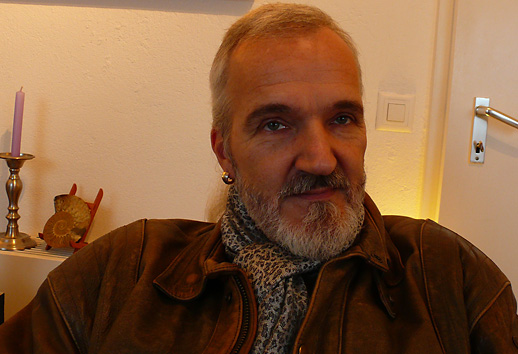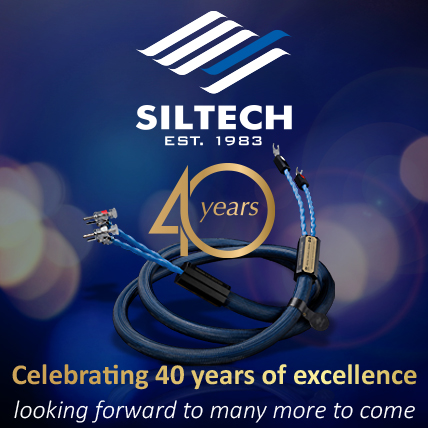 Test
Test
|
SRAJAN EBAEN from „6MOONS.COM” Srajan Ebaen is the Editor in Chief, publisher and owner of the Swiss (former American) Internet magazine „6moons.com”. Born German, USA citizen, living for years in Cyprus and since a few years residing in Switzerland – he seems to be a happy and fulfilled person. The history of this unusual man in a brief interview. Srajan Ebaen is interviewed by Wojciech Pacuła e-mail: srajan@6moons.com www: www.6moons.com Text: Wojciech Pacuła/Srajan Ebaen Photographs: Srajan Ebaen |


Interview published: in Polish on Jan 1th 2012, No. 93 Where were you born? How was your childhood? You mentioned that you and your family are musicians – can you tell me more about it? 
When did you move to the USA? What was your first occupation there? How did you feel there – a man from Europe? What did you like there and dislike? Tell me about your job in Positive-Feedback Online magazine. Can you tell me about magazines in the USA as a whole? You moved to Cyprus later – why? What did you like there and what dislike? Is there an audio scene? Why did you move to Switzerland? 
You mentioned that you found a paradise there – can you tell me how come? Where you live there – pleas tell me some details about your neighborhood. Tell me something about audio scene there – I mean megabuck, very high quality products; am I right? How is your relationship between printed and Internet-based magazines? What strengths and weakness they have? |
Self-publishing meanwhile overrides or circumvents traditional ‘rite-of-passage’ apprenticeships. Anyone who so desires can operate and run an online magazine. Qualifications and professionalism need not factor one iota. That’s a huge demerit and there exist plenty of examples which are no credit to our profession. With the advent of blogs and forums the distinction between ‘professional’ and ‘casual’ online content has begun to blur further .This weighs in on the side of discredit for those amongst us who work hard to apply ‘old print-magazine type’ standards as best we can (seeing we’re entirely self-taught and –made). What is the future of the audio – can you predict any path it will go? 
How about vinyl – is this just temporary revival or something longer? You told me that you don’t like very high price gear – why? Are you thinking it is always overpriced? You told me that you prefer low wattage amps and high sensitive speakers – you mean that it is a better scenario than low sensitive + high wattage? 
Srajan’s main system:
Video system:
Desktop system:
Headfi:
Editorial note: Srajan Ebaen visited Krakow in August 2011 on invitation from the company Ancient Audio. He found some time to visit me at my home, when he was there, and then to attend a meeting of the Krakow Sonic Society. The report from that meeting can be found HERE. |
||||

|
|||||
|
Please direct your questions, suggestions, opinions, etc. to: opinia@highfidelity.pl
WHO ARE WE? "High Fidelity OnLine" is an internet magazine, published since may 2004, devoted to high quality reproduction of sound and picture. It is a monthly magazine, but the articles are uploaded twice a month - in the beginning of the month and in the middle. The news column is updated on on-going basis, if possible. The main sections are: "Tests", "Events" (interviews, reportages, and similar), "Hyde Park" (user tests, opinions) and "Who asks..." (readers questions and HFOL answers). Articles from earlier issues can be read in the "Archive". Have a nice read! |
ALL PHOTOGRAPHS OF THE TESTED DEVICES ARE MADE
USING THE EQUIPMENT OF THE COMPANY  Digital camera: Canon 450D, EF-16-35F/2.8 L USM + EF 100 mm 1:2.8 USM The site is powered by 
|
main page | archive | contact | kts
© 2009 HighFidelity, design by PikselStudio,
projektowanie stron www: Indecity











